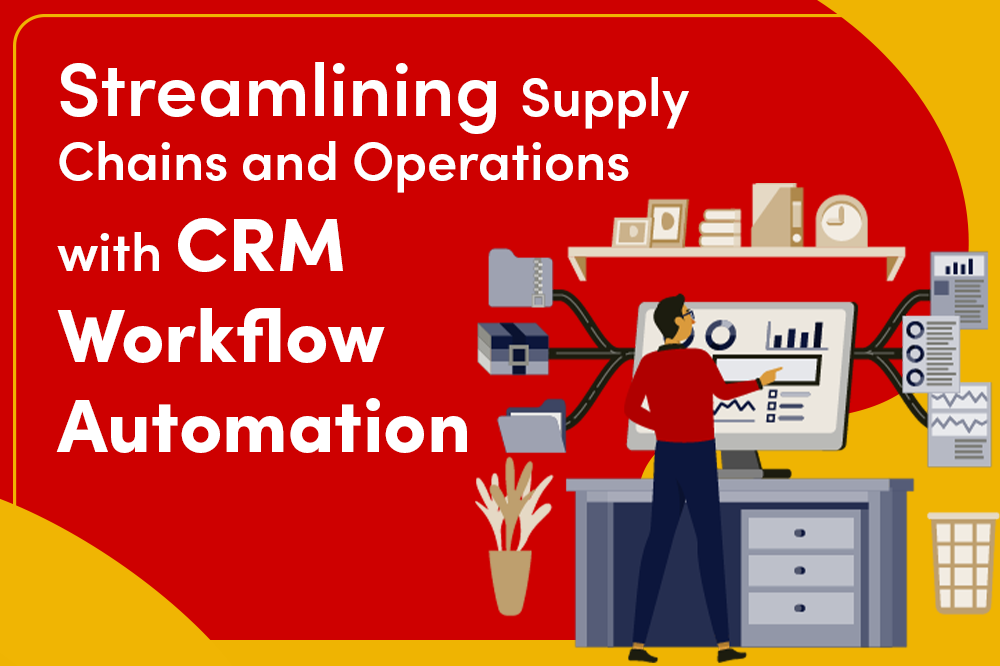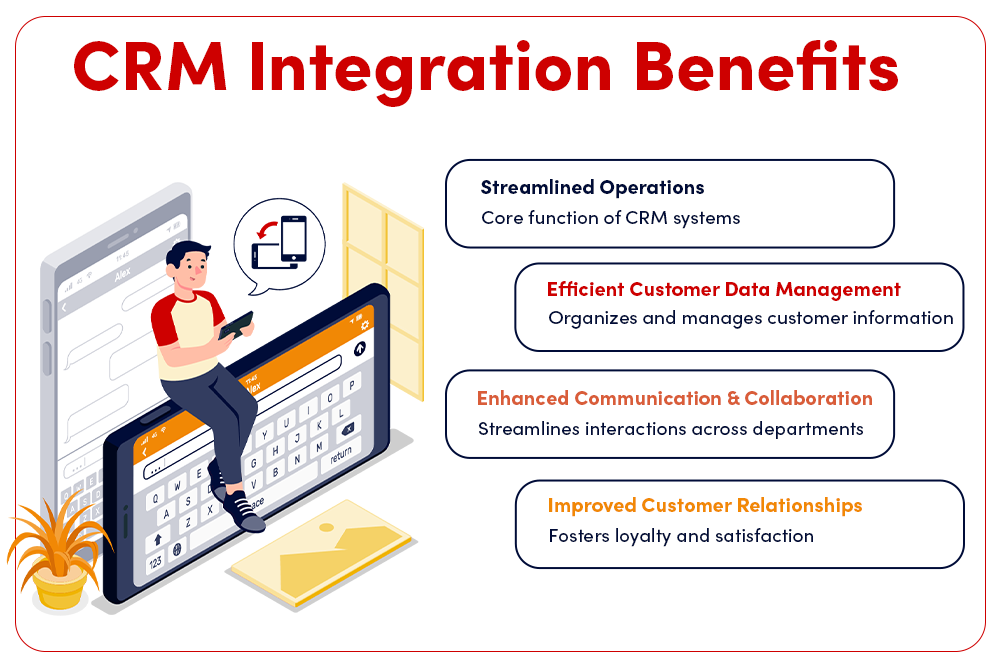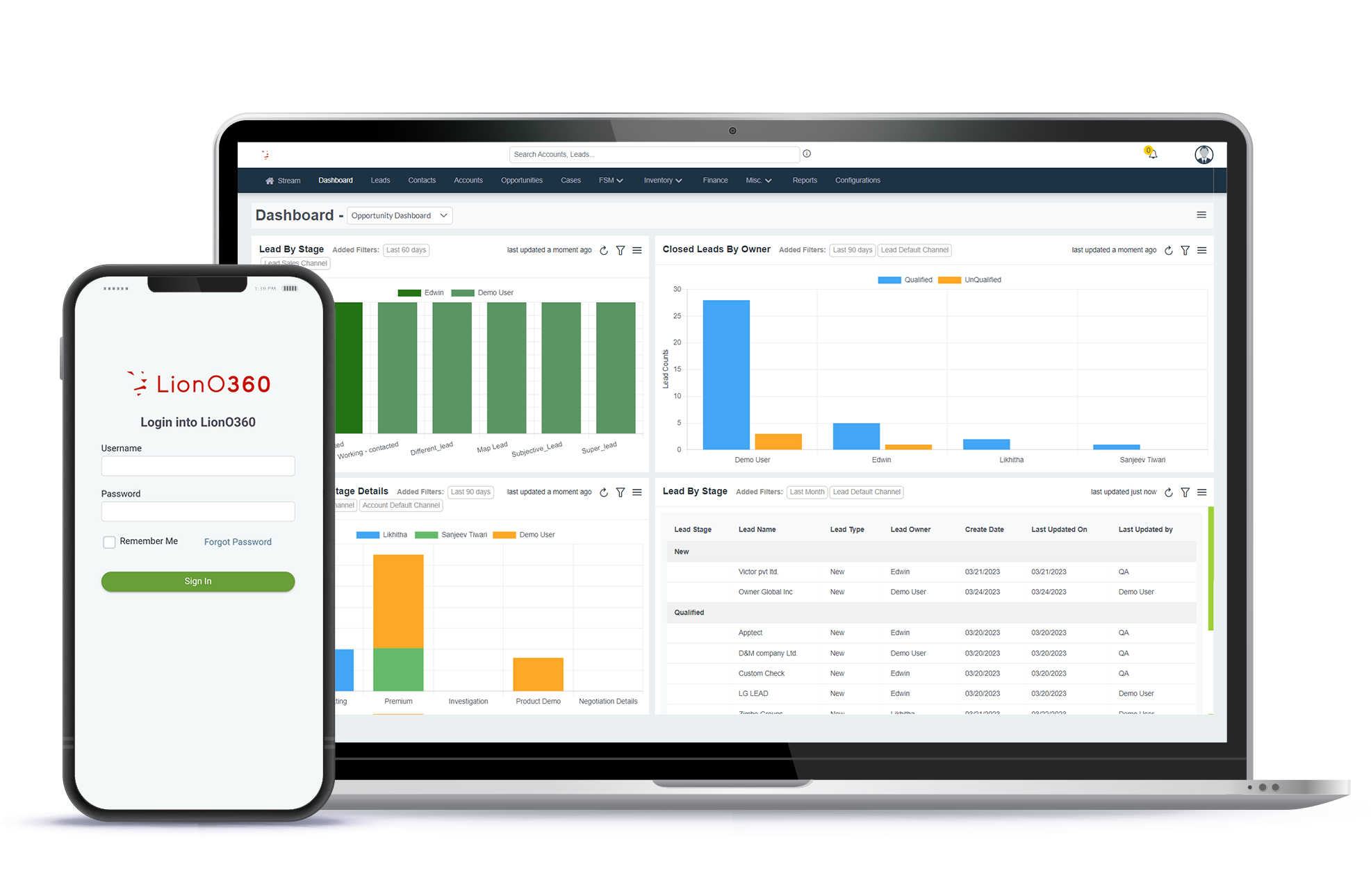
In today's fast-paced and interconnected business world, managing supply chains and operations manually is no longer efficient—or sustainable. Delays, miscommunications, and lack of real-time visibility can create bottlenecks that hurt customer satisfaction and profitability. This is where CRM workflow automation steps in as a game-changer.
A robust Customer Relationship Management (CRM) system is traditionally associated with sales and customer engagement. However, with built-in workflow automation features, CRMs are now proving instrumental in streamlining supply chain and operational processes, enhancing visibility, and driving end-to-end efficiency across departments.
Let’s explore how CRM workflow automation can revolutionize supply chain management and operations.
The Evolving Role of CRM in Operations
CRM platforms have evolved beyond just tracking customer interactions. Modern solutions now offer comprehensive features like:

- Order tracking and fulfillment workflows
- Vendor and inventory management
- Automated alerts and notifications
- Cross-departmental collaboration tools
- Data analytics and reporting dashboards
These tools empower businesses to integrate their sales, procurement, inventory, and logistics operations—creating a unified ecosystem.
Key Benefits of CRM Workflow Automation in Supply Chains
1. Improved Order Management and Fulfillment
CRM systems with automated workflows can instantly trigger actions once a deal is closed. For example:
- Generate a purchase order to the supplier
- Notify the warehouse for order picking and packing
- Schedule delivery with the logistics partner
This eliminates the need for manual follow-ups, reducing delays and errors in the order-to-delivery process.
2. Real-Time Inventory and Stock Management
Keeping track of inventory across multiple locations is challenging. CRM automation offers:
- Automated stock level updates as orders are placed or items are received
- Low stock alerts that trigger reordering workflows
- Integration with your existing tools
This ensures stock availability, prevents overstocking, and minimizes dead inventory.
3. Vendor and Supplier Coordination
Supply chain automation often involves multiple vendors. CRM workflows can streamline vendor interactions by:
- Automating RFQs (Requests for Quotes)
- Scheduling supplier follow-ups
- Maintaining detailed logs of communication and performance
This improves vendor relationships, reduces lead times, and enhances procurement efficiency.
4. Enhancing Cross-Functional Visibility
With workflow automation, different departments—sales, operations, finance, and logistics—are no longer working in silos. CRM systems can:
- Share real-time updates across teams
- Notify stakeholders at every stage of the supply chain
- Offer centralized dashboards for performance monitoring
This transparency accelerates decision-making and accountability.
5. Faster Issue Resolution
When issues arise—like stockouts, delayed shipments, or order cancellations—CRM workflows can:
- Automatically assign tasks to the right team
- Send alerts to affected customers
- Trigger escalation protocols if unresolved
This proactive issue of handling improves customer satisfaction and reduces operational disruptions.
6. Data-Driven Optimization
CRM platforms collect data at every step. With automation:
- Reports can be generated instantly for KPIs like delivery times, vendor performance, and inventory turnover
- Predictive analytics can forecast demand or identify supply chain risks
- Historical trends can inform strategic improvements
This helps businesses continuously refine their operations and adapt to market changes.
Use Case: A Mid-Sized Manufacturing Company
Let’s consider a mid-sized manufacturer that supplies custom machinery. Before adopting CRM workflow automation:
- Sales orders were emailed manually to the production team
- Inventory shortages weren’t flagged until it was too late
- Vendor follow-ups were inconsistent
After implementation:
- A signed quote now automatically triggers production scheduling
- The system checks inventory in real time and alerts procurement if parts are low
- Vendor tasks are scheduled automatically, with reminders and escalation workflows
The result? On-time deliveries improved by 35%, customer satisfaction scores rose by 20%, and operational costs dropped significantly.
Choosing the Right CRM for Workflow Automation
Not all CRM systems offer robust workflow automation features customized to supply chain operations. When selecting a CRM, look for:
- Customizable workflows
- Integration capabilities with ERP, WMS, or accounting tools
- Real-time reporting and dashboards
- User-friendly interface and mobile accessibility
- Scalability for future growth
Platforms like LionO360, for example, are designed specifically for small and mid-sized businesses that want a fully integrated CRM + ERP solution with automation at its core.

CRM workflow automation is a necessity for businesses looking to stay competitive in today’s dynamic supply chain landscape. By automating routine processes, reducing human error, and improving real-time visibility, businesses can ensure faster deliveries, stronger vendor relationships, and happier customers.
Whether you're a distributor, manufacturer, or service provider, investing in the right CRM with workflow automation can be a transformative step toward operational excellence.
Ready to optimize your supply chain with CRM workflow automation? Explore free LionO360 CRM demo and discover how automation can make your business faster, smarter, and more customer centric.
Frequently Asked Questions
How can CRM workflow automation improve supply chain efficiency?
CRM workflow automation can significantly enhance your supply chain efficiency by automating order management, real-time inventory tracking, and vendor coordination. For example, it can instantly trigger purchase orders, notify warehouses for order fulfillment, and schedule deliveries, reducing delays and errors in the order-to-delivery process.
What specific benefits can we expect from implementing CRM workflow automation in our operations?
By implementing CRM workflow automation, you can expect improved order management and fulfillment, real-time inventory and stock management, enhanced vendor coordination, better cross-functional visibility, faster issue resolution, and data-driven optimization.
How does CRM workflow automation help with inventory management?
CRM workflow automation offers real-time inventory management by providing automated stock level updates, low stock alerts that trigger reordering workflows, and integration with warehouse management systems. This ensures stock availability, prevents overstocking, and minimizes dead inventory across multiple locations.
Can CRM workflow automation improve vendor relationships?
Yes, CRM workflow automation can significantly improve vendor relationships by streamlining interactions. It can automate RFQs (Requests for Quotes), schedule supplier follow-ups, and maintain detailed logs of communication and performance. This leads to reduced lead times and enhanced procurement efficiency.













